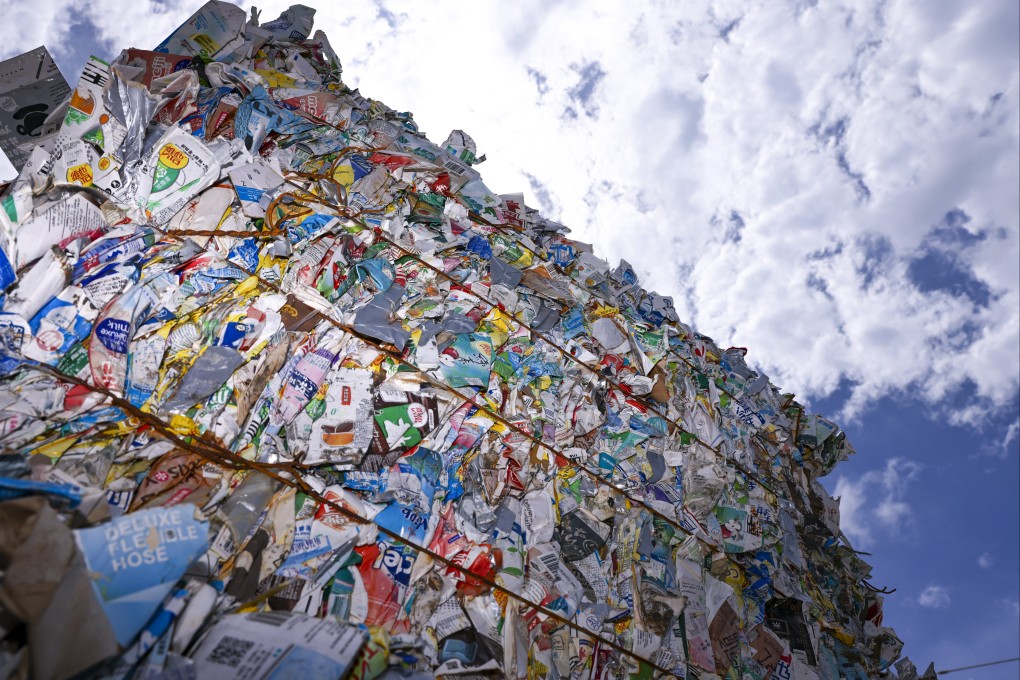Letters | Hong Kong recycler Mil Mill’s troubles highlight need to make recycling profitable
- Readers discuss the urgency to implement a producer responsibility scheme, the doctors faking Covid-19 exemptions and the Hindu view on euthanasia

Before a privately owned recycling plant called Mil Mill began operations, used liquid cartons were treated as waste rather than a resource. In the past three years, the initiative to recycle cartons has been gaining traction as the public increasingly understands that they can be recycled.
Mil Mill has been struggling to get enough feedstock to generate high-quality wet pulp to produce saleable recycled product while reducing pressure on landfills.
If the Environmental Protection Department cannot help the only liquid carton recycling plant sustain its operations, the concerted efforts made by the government, businesses, NGOs and members of the public in the past few years will be a total waste. The public will doubt whether the administration is serious about waste reduction and its overall environmental efforts.